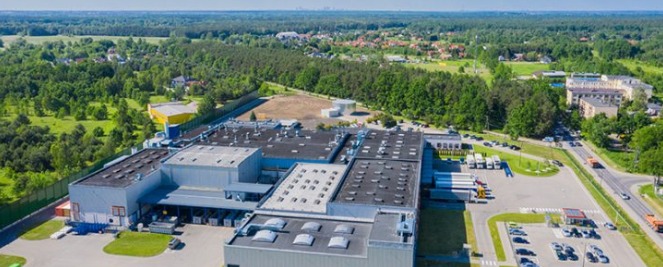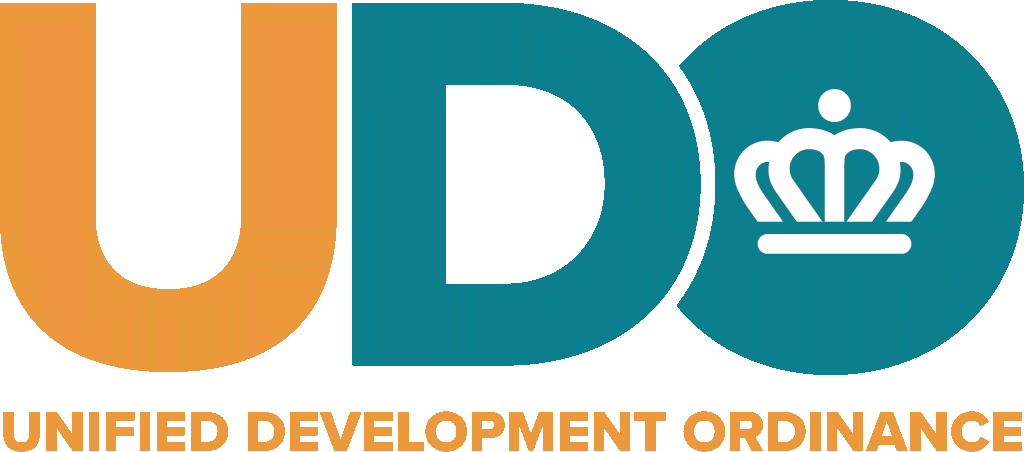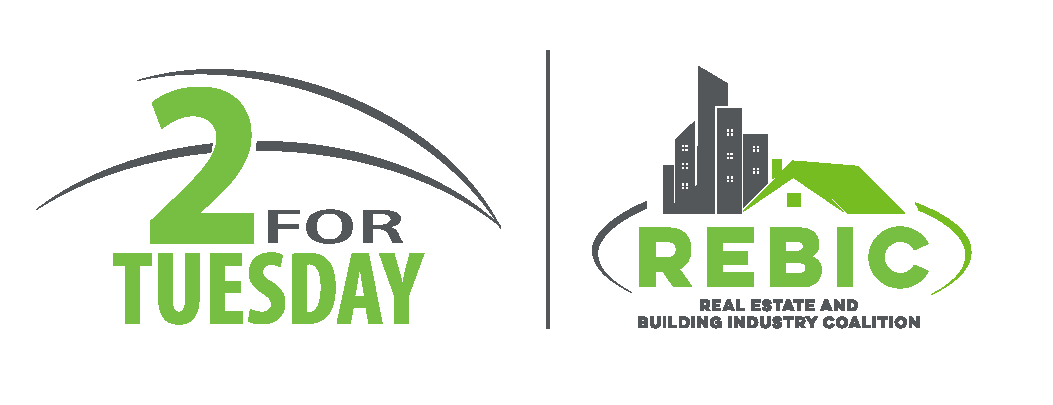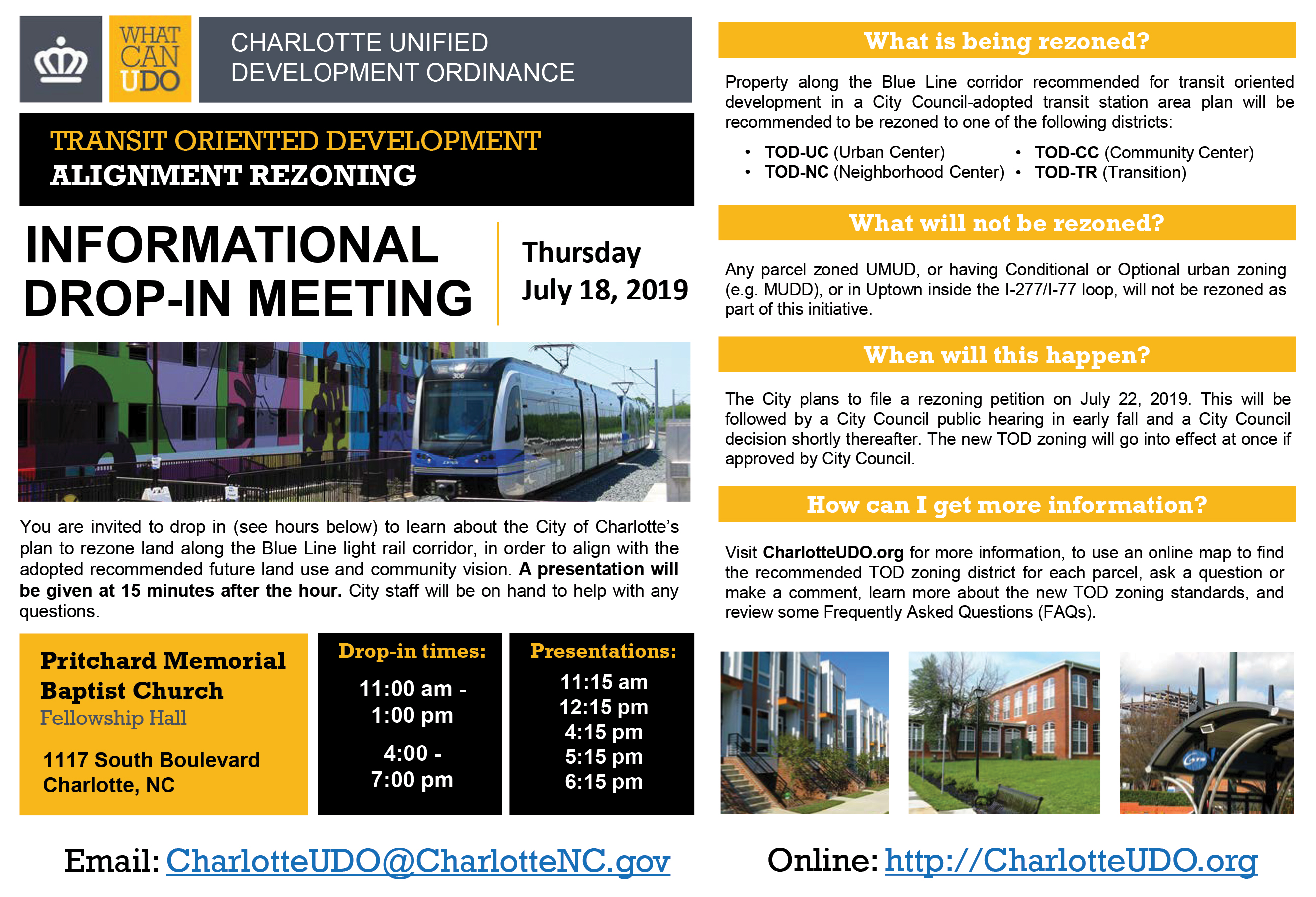Originally published in September 2022 by Christopher De Sousa, Ph.D., MCIP, RPP, Professor, School of Urban and Regional Planning, Toronto Metropolitan University for NAIOP.
Former industrial sites and other properties that may be contaminated — commonly called brownfields — can be found across the United States and Canada. Brownfields are often adjacent to well-developed transportation infrastructure, and many are near urban centers. These locational advantages make many brownfields viable targets for redevelopment to new uses, but the costs and risks associated with environmental remediation often make these redevelopment projects impossible without public financial and regulatory support. For this reason, public-private partnerships involving multiple levels of government, nonprofit organizations and private developers have played a prominent role in brownfield redevelopment. Public support for these projects has long been tied to achieving social and economic goals such as increasing employment, revitalizing communities and strengthening local real estate markets. In recent decades, public-private partnerships have also prioritized environmental objectives, from green building design to renewable energy and ecological revitalization.














